Poland’s oldest distillery
The Łańcut distillery was officially founded in 1784. The partitions of Poland between 1772 and 1795 cut-off Galicia, where Łańcut is located, from its traditional export markets. Surplus grain was thus more profitably processed into alcohol. Alfred Potocki inherited it from his grand-mother in 1816.

The best vodkas in the Austrian Empire
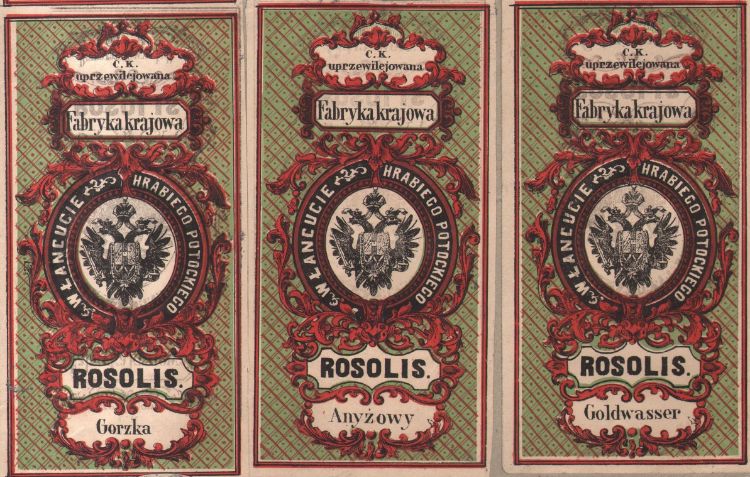
Alfred ambitioned to produce the best vodkas and decided to develop the distillery. He embraced technical progress and hired specialists to improve quality and streamline production. To offset the occasional poor harvests of traditional inputs such as grain or potato, he pioneered distillation from sugar beet as early as 1850 and installed a pipe network to source pure water from distant bore wells.
The “Liquor factory of Count Alfred Potocki in Łańcut” produced clear vodkas, liqueurs, rum and even Eau de Cologne. It quickly gained a reputation for quality across the Austrian empire and could compete with any “German” or imported products.
As the government gradually introduced various taxes on alcohol in the first half of the 19th century, only the most profitable producers such as Łańcut survived. Alfred also anticipated the new licensing requirements by obtaining a permit from the imperial administration in 1857, two years ahead of the regulatory deadline.
His son, Alfred II, was too busy running his wife’s estate in Ukraine and later with politics in Vienna, to devote much time to the factory. He nonetheless hired a “management consultant” named G. Rosenzweig to advise him on how to address the growing competition. The verdict was simple: quality was excellent but the business needed to introduce proper accounting procedures, increase volume in order to reduce costs and therefore develop distribution and marketing.
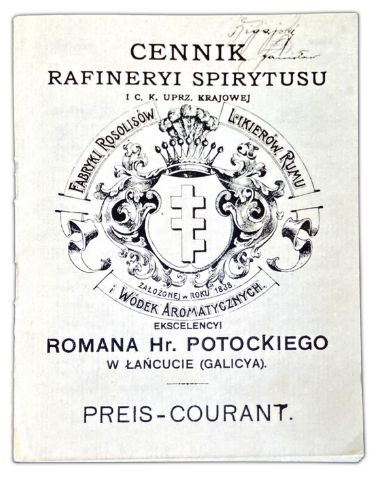
Alfred acted on this sound advice by investing in new storage facilities, modern machinery and by hiring sales agents. He even negotiated for the new train service from Vienna to Lemberg (Lwów) to stop a few minutes longer at Łańcut station to allow travellers to shop.
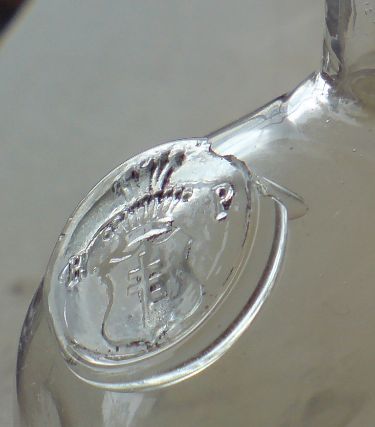
Roman Potocki took over from his father in 1890. By then, high taxes had priced quality products out of the mass market, so he decided to invest in scale. Improvements in distillation techniques also made industrial production of high-grade alcohol possible. A modern facility was built on new grounds near the railway station to facilitate shipment and a Barbet distillation column installed. The distillery was operational in 1911. Alas, the outbreak of WWI and Roman’s death in 1915 deprived Łańcut of the dividends of this major investment.
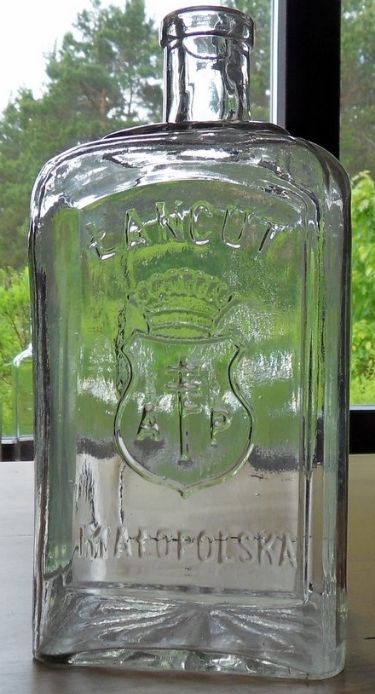
Independent Poland and WWII

Alfred Potocki, Łańcut’s last owner, allied with the Kosecki brothers from Lwów in 1919 to reorganise and refit the distillery, eventually buying them out a decade later.
The Polish Government introduced a monopoly on the sale of clear vodka in 1924 in order to generate new fiscal income and support the newly introduced Polish złoty. Alfred thus sought to diversify into more profitable segments. The range of flavoured vodkas, which could be traded freely, was developed. They were rewarded with a gold medal at the Paris Fair of 1928.
Alfred also branched out in the production of ether and collodion for the pharmaceutical and chemical industries. In the 1930s, the facility started manufacturing ether used in narcosis, a narrower and more profitable niche.
The occupation of Poland brought destruction and misery from 1939 to 1944. Many people from provinces annexed by the III Reich or by the Soviet Union sought refuge in Łańcut. The distillery was allowed to function throughout the war as the Nazis used alcohol as a cheap barter currency for foodstuffs. Employment thus swelled at the distillery, as Alfred created fictitious jobs throughout his estate which provided a small income and a precious protection against forced labour in Germany.
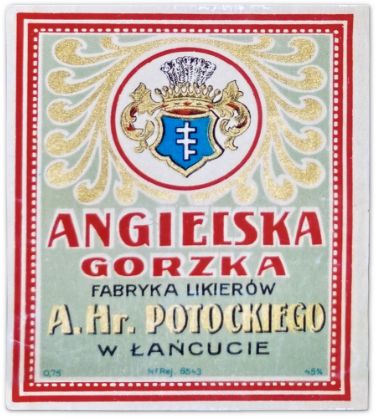

Before withdrawing from Łańcut in July 1944, the Wehrmacht destroyed the distillery but overlooked two full reservoirs of ethanol, which kept the Red Army soldiers busy for some time…
The history of the Potocki distillery in Łańcut lived on somehow throughout the communist years and until 2021 when production was definitely shuttered.
Potocki Wódka
Potocki Wódka revived the family tradition starting in 2003. Today it is produced in Pomerania, near the Baltic shore. At every step of production, we strive to ensure it retains the rye notes it is known and appreciated for.
Potocki Wódka is distilled from rye sourced from the surrounding fields. Only the “heart” of the distillate is retained. No additives are used. The common process of charcoal filtration is also intentionally omitted as this would unnecessarily strip the vodka of its character. The result of this artisanal production process is an aromatic yet smooth vodka which clearly stands out against industrially produced alternatives.

The Potocki Wódka bottle recalls its ancient heritage in many ways. Its timeless design and fine quality will adorn every elegant table or simple setting. Made from the whitest flint in France it carries the marks of our family and Polish culture.
Today as yesterday, Potocki Wódka should be appreciated pure, served chilled straight from its distinctive bottle.
True Spirit.

